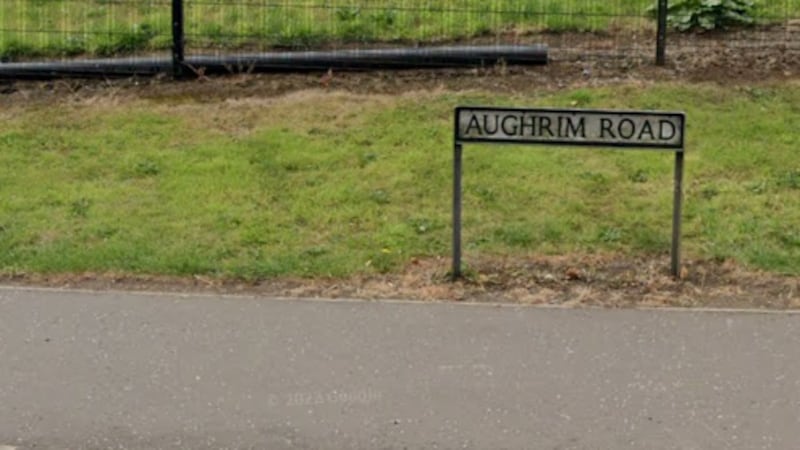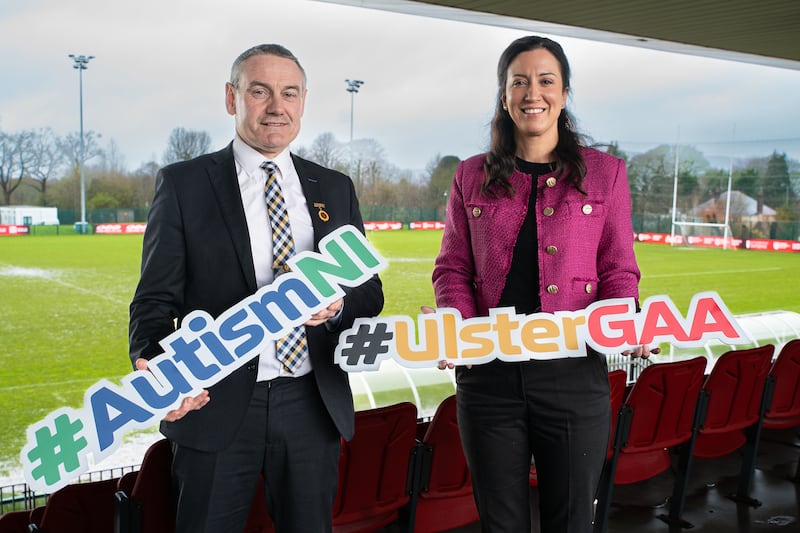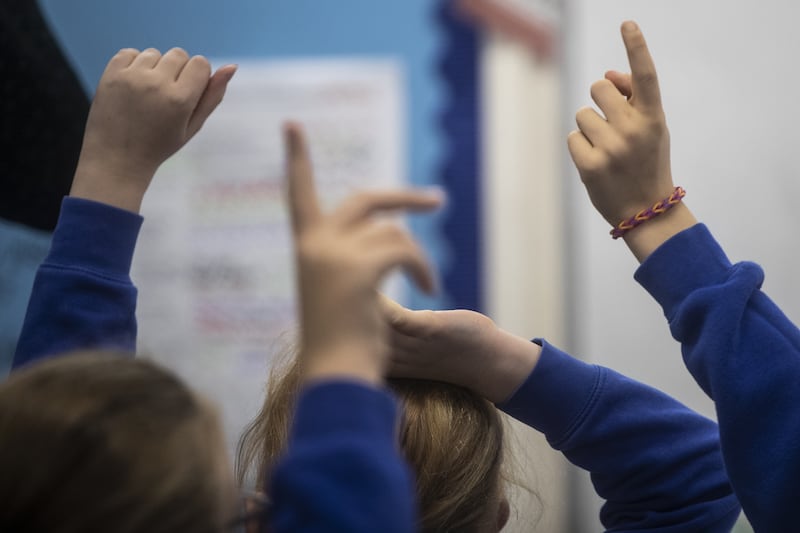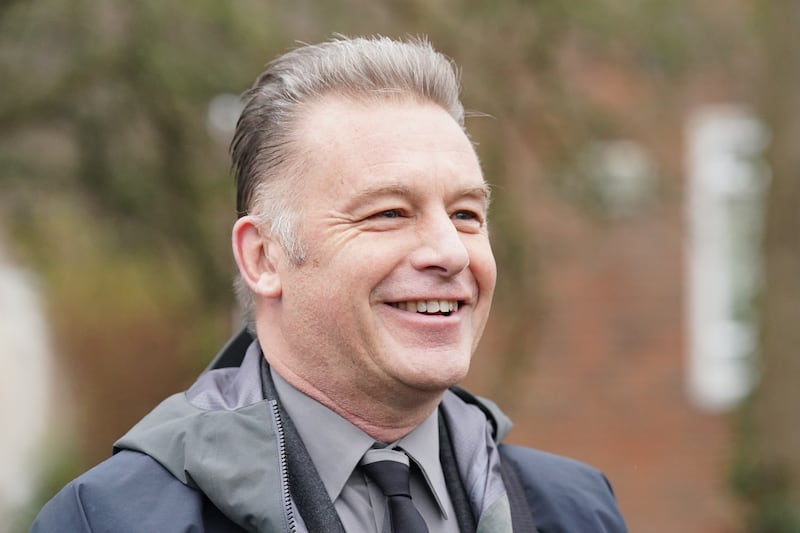AUTISM services must be improved as a "priority" while society needs to do more by supporting individuals and families, Robin Swann has said.
The health minister yesterday launched a new autism strategy for the next two years, in the wake of a dramatic downturn in vital services during the pandemic.
During the first Covid wave, Stormont leaders were criticised over the impact of special school closures and removal of respite services, with the Children's Law Centre particularly critical about the "avoidable harm" caused to families.
The new cross-departmental strategy aims to tackle problems from delays in early diagnosis and interventions through to addressing educational/employment opportunities for autistic adults.
Ultimately, the aim is to improve outcomes to give more choices to autistic people, allowing them to live "safe and independent lives within our communities and where they are met with respect and understanding".
There has been a massive spike in children diagnosed with the disorder in Northern Ireland over the past five years, with some health trusts having much lengthier waiting lists than others.
Concerns about regional differences for specialist assessments - which can be more than two years depending where you live, a problem exacerbated by Covid-19 - are among issues identified in the strategy.
Mr Swann said: "We, as a society, have made significant strides in developing improved support and developing better understanding of the needs of autistic people, their families and carers but much still needs to be done.
"This interim strategy seeks to set future direction towards building communities where autistic people, their families and carers can feel safe, included, valued and understood.
"The vision for this strategy is 'to respect, to listen, to involve' and this can only be achieved through partnership working and involving people with lived experience of autism, so that we, as a society, can be better informed and have a greater understanding of their needs."
A total of 2,345 children under 18 were diagnosed in 2019, compared with 1,047 five years previously.
The Autism Act NI was passed by the assembly in 2011 and places a statutory responsibility on the Department of Health to publish a strategy every seven years.
In the forward to 2021/22 document, health chiefs note the "constraints" placed by the pandemic on releasing the document but say they have a "focused aim" of improving support for autistic people, their families and carers, as well as those waiting assessment.
They say they will do this through "collaborative working with all government departments, the health and social care sector and voluntary and community organisations".








